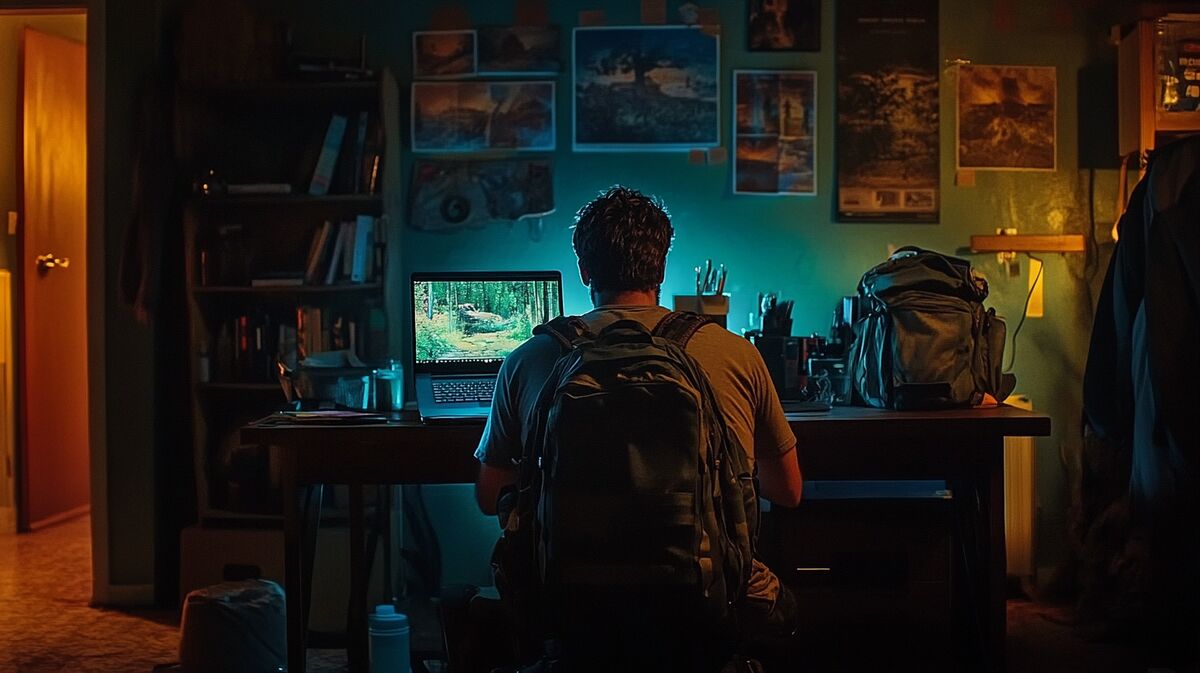
Starting is more important than perfect: A guide for acting instead of hesitating
👉 The key facts from this guide
- Action beats knowledge in building experience: Theoretical knowledge does not get you anywhere; only through doing do you make real progress.
- The 95/5 rule: 95% of people are stuck in the planning phase; only 5% take action and move forward.
- Perfectionism blocks you: There is no perfect time – start with what you already know and learn from mistakes.
- Experience comes from doing: Practical experience is what truly advances you – books and videos alone are not enough.
- Small steps matter: Every small success – every spark – brings you closer to your goal and boosts your self-confidence.
- Mentors and supporters: Find someone who motivates you and encourages you to take the first step, or be a mentor to others yourself.
You stare at the screen.
Another video.
Another guide.
"I'm almost ready", you tell yourself.
Nonsense.
95 % of all people are stuck exactly there. In the comfort zone of their screens. In the eternal "same".
But there are these other 5%.
The crazy ones. The brave ones. The ones who just start.
This guide is your wake-up call.
Your kick in the butt.
Your ticket to the brave 5%.
Are you in?
Alex's Story: The Journey from Hesitation to Action
Alex stared at the empty screen. For hours. It felt like a daily ritual.
Maybe you know this too. That moment when you know everything, just not one thing: How to finally get started.
For Alex, it was the fire. Without matches. As an aspiring wilderness teacher, Alex wanted to master the first wilderness skill.
But instead of being in the woods and striking sparks, Alex stayed glued to the computer. "One more YouTube video," thought Alex. "Then I'll be ready."
Does that sound familiar?
Three months later: Alex was a walking fire video encyclopedia. The theory was solid. But the fingers had yet to feel a spark. No smoke. No embers.
Only the comfort of the warm room and the knowledge. Just like it is for 95% of people who have big plans.
You plan and ponder yourself to death.
Then Alex met Lena. Lena was not an expert. Not a certified trainer. Not a YouTube celebrity.
Lena was simply the one who did it. Time and again. Without talking much about it.
"Come with me," said Lena.
Alex hesitated. Was unsure.
"But I don't know everything yet ..."
Lena just smiled.
"You know enough. Now go."
And suddenly Alex was in the forest. Fire steel in hand. A piece of birchbark.
The first attempt? Nothing. Second attempt? Still nothing. But on the twentieth time: A spark.
A tiny spark that changed the whole life. Alex felt as if he had just climbed Mount Everest.
But it was not the spark that changed Alex. It was his actions.
The biggest lesson?
Action beats knowledge – whenever it comes to experience.
Alex was now part of the 5%. Those who have the courage to take the first step. The spark is the beginning. The rest is history.
And now I ask you: Where are you? Still in front of the screen or already outside in the forest?
The 95-5 Rule: Why Most People Get Stuck in the Planning Phase
95% of people plan. 5% act.
Maybe you're wondering why that is. Why do so many of us get stuck in the eternal "I'll be ready in a moment"? The answer lies in the comfort zone.
- Comfort zone: It is safe and comfortable - but without gaining experience. The fact is: Here you have control, no surprises, no risks. But also no sparks, no real experiences, no building of experience.
- Planning trap: Most people get stuck in the planning phase because it makes them feel productive. You feel like you are making progress, but in reality, you are hardly moving at all.
The 95/5 rule is simple: 95% of people stay in theory, only 5% go out and do.
These are the 5% that continue to evolve.
"Growth begins where the comfort zone ends." – Sounds clichéd, but it's true.
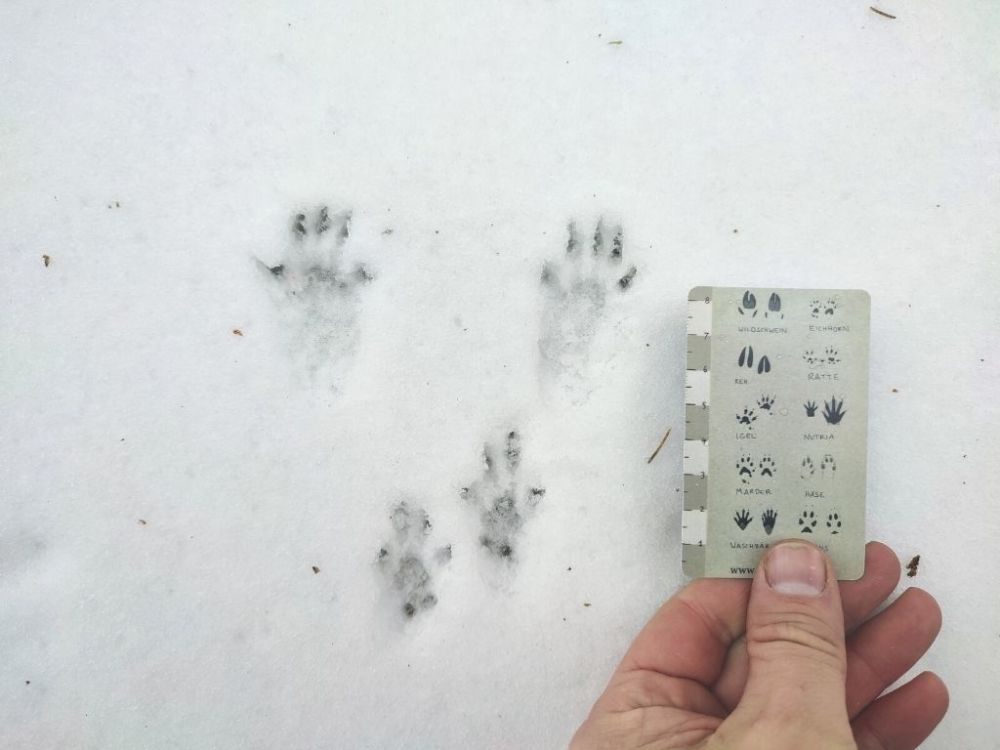
Are you like Alex?
Ask yourself these questions:
- How often do you plan something instead of doing it?
- How often do you have ideas and you don't implement them?
- How often do you think you need to know more before you can get started?
If you recognize yourself here, you are not alone.
The good thing about it? You can change it.
It's okay to feel uncertain. It's okay to be afraid. But what is not good: Letting fear hold you back.
Do you want to be part of the 5%? Then start. Now.
The Courage to Take the First Step: Why Action is More Important than Knowledge
Action beats knowledge in gaining experience.
Many people think that they need to know more before they get started. That they must first understand everything before the first step is taken.
Fact is: This is the perfect breeding ground for stagnation.
Lena's approach: Lena knew that it wasn't about perfection, but about doing. She said to Alex: "You know enough. Now go."
The first step is always the hardest. I know it from my own experience.
But it is the step that makes the difference. Because knowledge remains only theory as long as it is not put into practice.
"You don't have to be great to start, but you have to start to be great."
A small excerpt from my earlier life in a marketing agency: Do you know what was more valuable in the daily work routine than all the certificates and participation confirmations from theoretical courses?
The experience of a person.
People are asked, hired, booked, and interviewed because they gained experience through action. The more experience you have - and that only comes from action - the wiser you become (and hopefully the higher the pay).
The learning here: experience is, as the name suggests, that, what you experience, by actually immersing yourself in something.
It means to go deep and experience something holistically – with all its challenges, mistakes, and successes.
Only when you take action do you learn how things really feel, how you respond to challenges, and how you find solutions.
Fact is: Experience cannot be gained from books or videos – it is created when you dare to do something, take risks, and penetrate the unknown.
It is the difference between "talking about it" and "feeling it yourself".
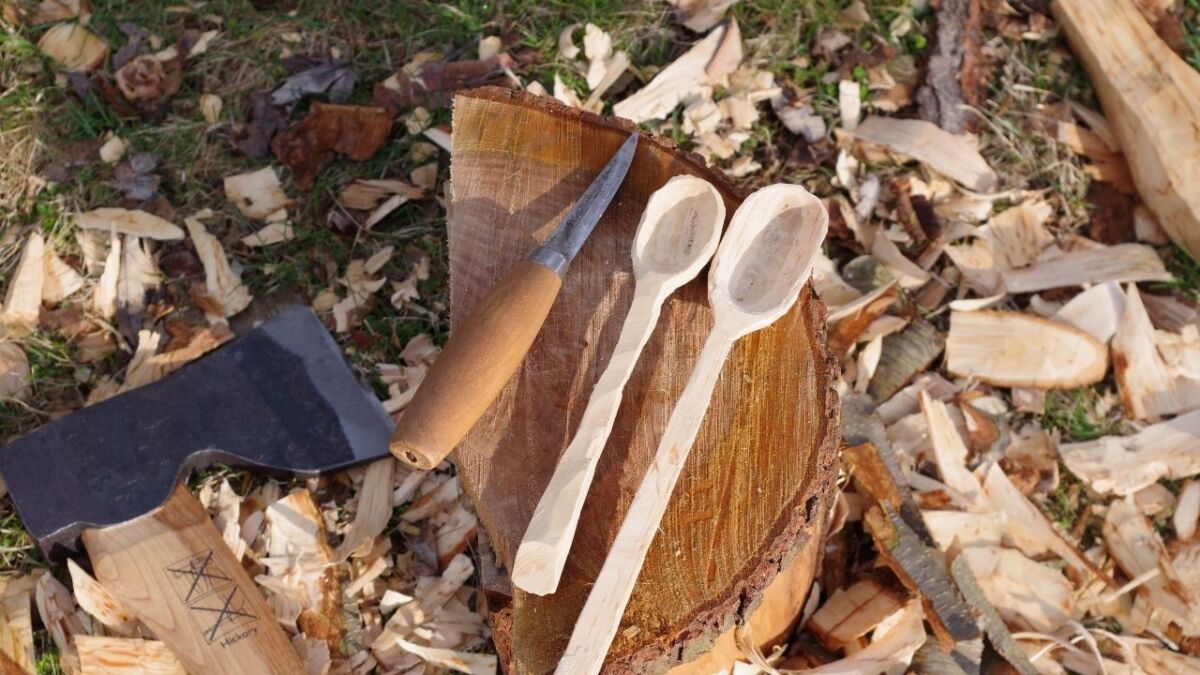
How you can adopt Lena's approach
- Start / just do it: Stop overthinking everything. The perfect moment will never come. Start now.
- Small steps: Set yourself a small goal that you can implement immediately. Going to the forest tomorrow is better than making the perfect fire one day.
- Welcome mistakes: You will fail sometimes. That is part of the process. Every mistake brings you closer to your goal. (Our handling of mistakes in Germany is harsh, more on that later)
My experience is:
The courage to take the first step is more important than almost all the knowledge in this world.
Only by doing will you truly learn. Only by doing will you grow.
Learning by Doing: The Importance of Practical Experience in Your Life
Theory is nice. It gives you security, makes you feel prepared.
And yes, it is essential. An initial overview is often essential. What materials do I need, what steps are necessary?
But you can cling so much to the theory that you do not see the light of action.
Fact is:
Only through practical experience will you truly understand what it means to be able to do something.
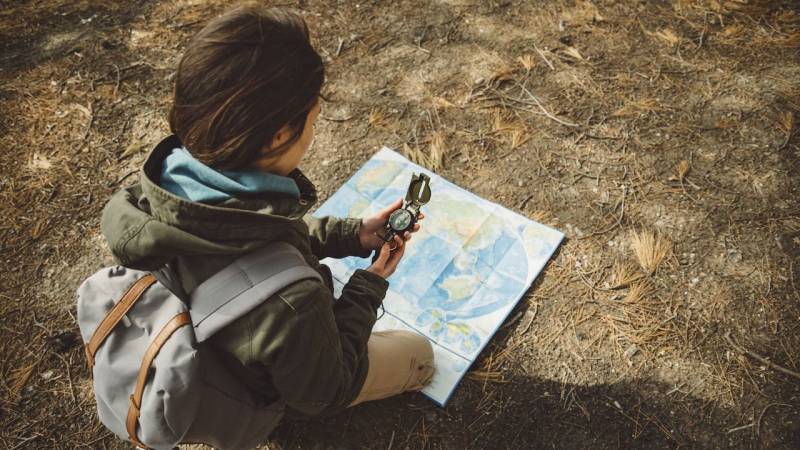
- Practice brings real progress: You can read a thousand books about swimming, but as long as you don't jump into the water, you will never really know what it's like to swim.
- Errors as teachers: Mistakes are not the end; they are the way. Every mistake shows you what doesn't work – and brings you closer to what does work.
Learning by doing means that you are willing to make mistakes. That you are ready to face uncertainty and still keep going. For only those who take action can truly learn.
Why mistakes help you move forward
- Mistakes are feedback: They show you what hasn't worked so far. And this feedback is exactly what you need to improve.
- Mistakes build resilience: When you learn to deal with mistakes, you become more resilient. You become braver. And you will have less and less fear of simply trying again.
Practical tips for learning through action to learn
- Set a goal: Instead of just planning, set a goal that you can implement. Make a small fire today instead of Read another book about making fire.
- Embrace mistakes: They are inevitable. And that's a good thing. They help you get better.
- Celebrate the small successes: Every step counts. Every little spark you see is a success. Celebrate it.
The truth is: Only by doing will you truly learn. Theory is good, but practice is what moves you forward.
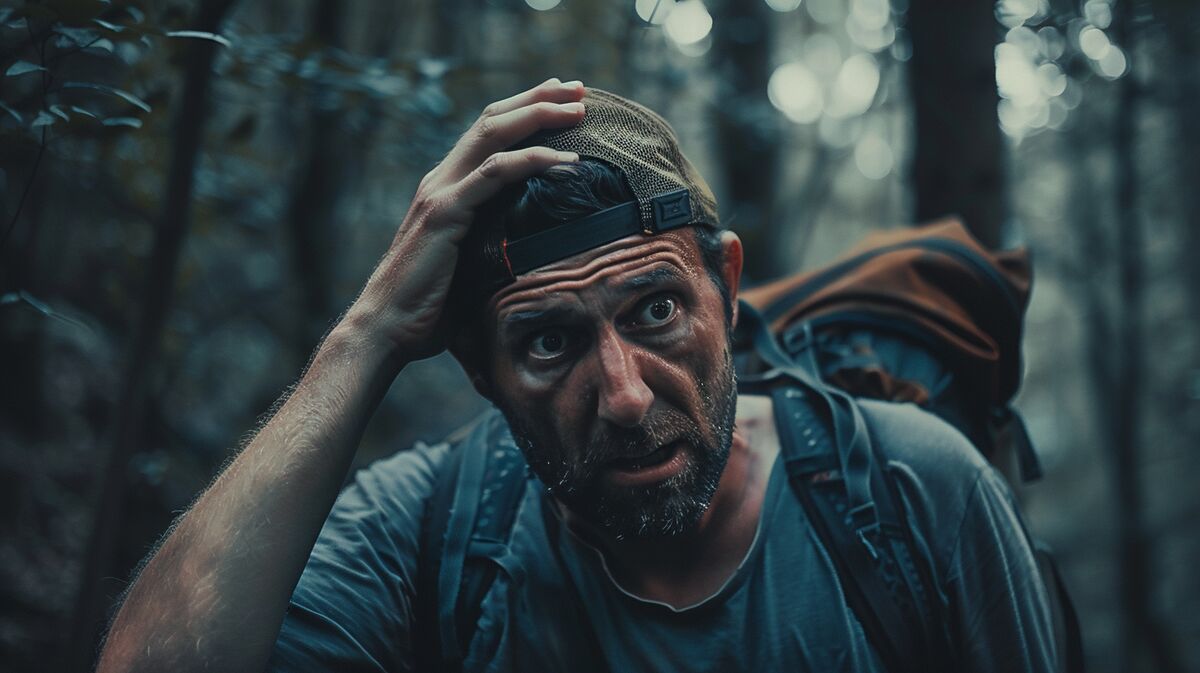
The Power of Small Successes: Why Every Spark in Your Life Matters
Fact is: Small successes lead to significant changes.
Sporadically, you might underestimate the little things. But the truth is:
Every little spark counts.
It is the small successes that motivate us to take the next steps. A small spark can ignite the fire that changes your life.
Here is my way of exploring new paths:
"The path to great success is paved with small steps."
Why small progress is important
- Continuous Improvement: Every small success is a sign that you are on the right track. Even if it's just a small spark – it counts.
- Boosting Self-Confidence: When you regularly have small successes, your self-confidence increases. You realize that you are making things happen.
The first spark is the beginning. The rest will come by itself, step by step.
How to Celebrate Small Successes
- Set achievable goals: Make them small enough that you can implement them today or tomorrow.
- Recognition for yourself: Celebrate when you accomplish something. A small moment of pride can work wonders.
- Tell others: Even if it sounds trivial, you can share it with other people who share your passion.
- Keep at it: Even if sometimes it's just small progress – it adds up. Keep at it and the significant changes will come.
It's like trying to study the perfect bicycle riding theory manual before you ever get on a bike. But in reality, you only learn when you get on, start riding, maybe fall a few times, and learn from it.
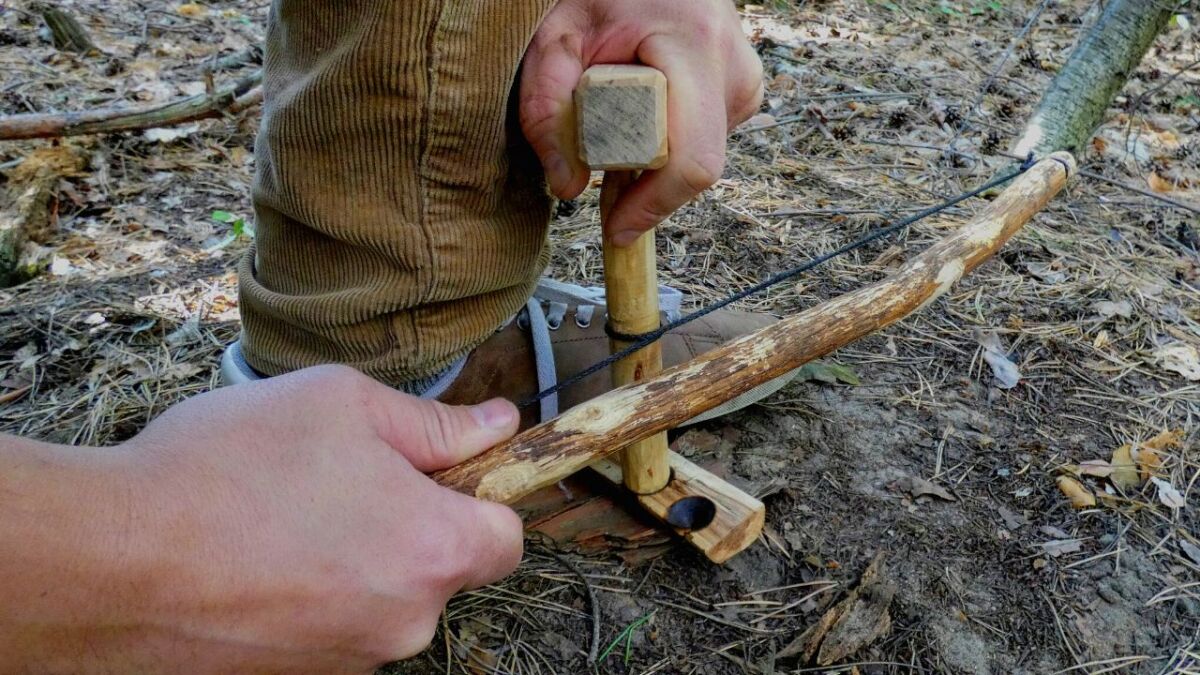
Strategies to Overcome Perfectionism
We have learned: Perfectionism can paralyze you. It makes you believe that you can only start when everything is perfect.
Here is the truth: Perfection does not exist.
Perfectionism is just another form of fear:
- The fear of making mistakes.
- The fear that it won't be enough.
- The fear of what other people say about you.
A close friend of mine spent over two years writing his thesis because it was never perfect enough. His demands on HIMSELF were immense. I completed my work in three months and received a grade of 1.8. He received a 1.4 after two and a half years. The difference? I finished two years earlier and had time for all the beautiful things in life.
Here are my tips:
Set realistic goals
- Small steps: Set realistic, small goals. They should be so small that they almost seem ridiculously easy. This lowers the threshold and makes it easier for you to get started.
- Focus on progress instead of perfection: Instead of concentrating on the need for everything to be perfect, focus on progress. Every step forward counts, no matter how small it is.
- Be satisfied with less: In our world, so much has to be perfect. Why is 95% not enough? Leave the remaining 5% - they often just hold you back and cost as much time, money, and energy as the 95%. (95% does not mean that you haven't grasped something!)
Celebrate every progress, no matter how small
- Recognition of your achievements: No matter how small the step was, celebrate it. This boosts your self-confidence and motivates you to keep going.
- Create rituals for yourself: After each goal achieved, treat yourself to a little something – a break, a walk, something that brings you joy. This helps you to continue positively reinforced.
The trick to overcoming perfectionism is to start. Appreciate the progress you make – no matter how small it may be.
The penetration of a matter does not come through planning, but through continuous action.
It was the same for me with fire drilling: It took me over a year to create a glow . Today, I look enviously at some participants in seminars where I demonstrate the fire drill, who manage to create a glow for the first time in their lives in 10 minutes.
But then I tell myself:
"Martin, that's okay and wonderful. Through my years of experimenting, testing, and failing, I have gained a lot of experience that no one possesses after 10 minutes."
And do you know what? Only through this experience can I convey the fire drilling technique to others. Otherwise, that would never be possible.
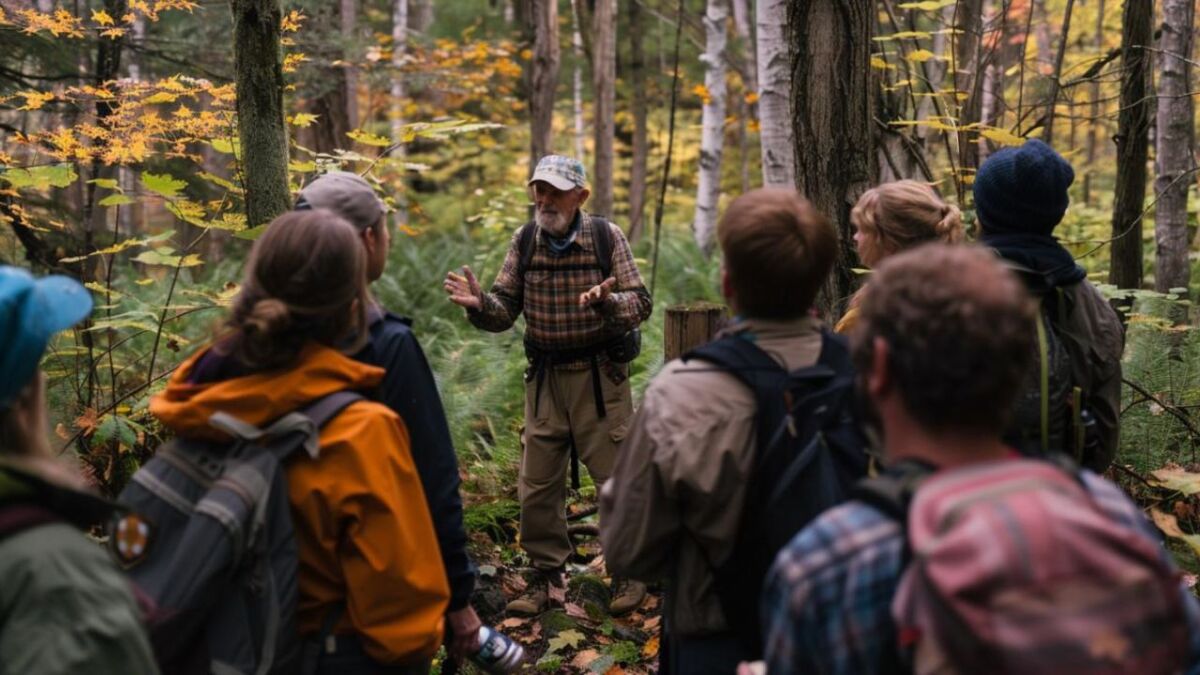
The Role of Mentors and Supporters
Sporadically, you need someone to give you the courage that you can't muster yourself. Someone like Lena for Alex.
How to Find Your Own "Lena"
- Look for someone who is already doing what you want to learn: Your mentor doesn't have to be a big expert. It's enough if he or she has experience and is willing to help you. Lena wasn't a celebrity – she was just there and did it.
- Look for someone who motivates you: If you can't find anyone with experience, people with joy, motivation, and energy are often great sparring partners.
- Dare to ask for help: Often we are too proud or afraid to ask someone for support. But most people are happy to help when they see someone is motivated. Go out and talk to people you admire.
- Keep an eye out in your surroundings: Sometimes the mentor you need is closer than you think – a neighbor, a colleague, a friend. Be open and ready to learn from others.
In line with this, take a look at the Companion Search. There, you will find other people with the same wilderness passions who are looking for connections.
"A mentor is someone who shows you what is possible when you believe in yourself."
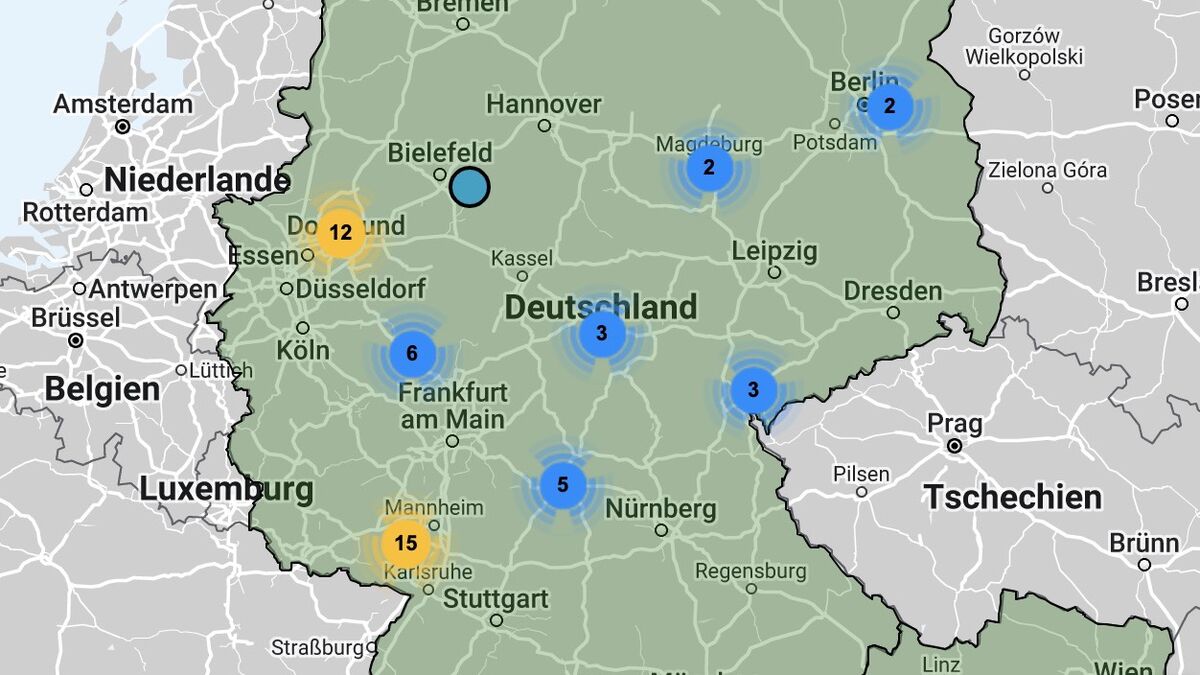
How to Become a Mentor Yourself
- Share your experiences: Don't be discouraged by so-called "experts." You can help others who are where you were some time ago. Your mistakes and successes are valuable lessons for others.
- Be encouraging: A good mentor is someone who inspires courage, not criticizes. Be like Lena – supportive, patient, and ready to take the first step together.
- Learn by teaching: When you help others, you improve yourself. You are forced to articulate your own thoughts more clearly and learn a lot in the process (that's why I love giving seminars and started Wildimpuls).
A mentor can be the difference between stagnation and growth.
Whether you find a mentor or become one yourself (here is my guide on this) – it is a win-win situation. You will grow, learn, and above all, you will take action (which will help you gain experience).
Practical Exercises to Get Started
If you really want to get started, you need concrete tasks. Here are some practical exercises that will help you take the first step towards wilderness skills:
- Start a fire: Go outside and practice making a fire without matches. For example, use a fire steel and birchbark. (I made my first attempts on the balcony, between lunch and a meeting)
- Spend a night outdoors: Spend a night under the open sky. Whether in the garden, on the balcony, at the campsite, or in the woods – the main thing is to step out of your comfort zone.
- Filter water: Find a stream or river and practice filtering water so that it becomes drinkable. An important survival skill that builds confidence. (Here I show you how to build a water filter.)
- Track animals: Go tracking. Find animal tracks in your area and try to figure out which animal has been there. Read my two guides "Learning to read tracks for beginners" and "Recognizing and interpreting animal tracks in the snow".
- Learn knots: Learn and practice essential knots. This skill will help you in many situations – from setting up a tent to improvising carrying items. Start with the topsail sheet bend, for example. (Here is the guide for that)
- Simple carving: Carve yourself a walking stick, tent pegs, a butter knife, or a spoon. You will quickly realize that this requires patience and practice – perfect for being at the moment.
Weekly challenges move you forward
Maybe you have already noticed that I founded the online course "Wildimpuls" (only in German) years ago.
And this annual course fits perfectly with the theme "finally start", instead of waiting for the right day. Because Wildimpuls invites you every week to a new challenge – for a whole year.
So something you can implement right away to expand your skills in nature.
52 missions that will help you progress step by step – like carving tools, building a shelter, identifying plants, or starting your own fire.
How Wildimpuls helps you regularly step out of your comfort zone
Through the weekly missions, you regularly step out of your comfort zone. Each task is designed to be achievable for beginners, but still challenging.
The goal is to push your own boundaries and show you that you can do more than you think.
"Courage grows when you give it space."
After each challenge, I invite you to reflect on the mission. Why? Because learning happens not only through doing, but also through thinking.
You look back, recognize what went well and what you want to do differently next time. This is how you grow – step by step, spark by spark.
Wildimpuls is more than just a program. It is your weekly nudge that reminds you that action is more important than perfection.
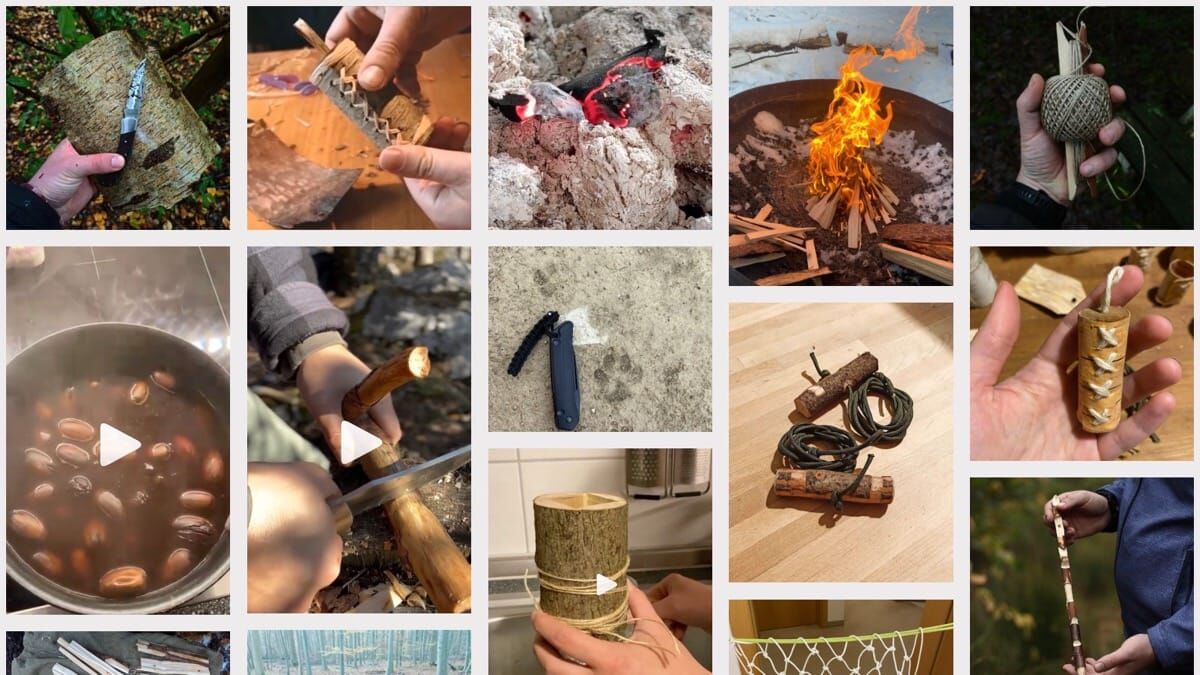
Conclusion: Become Part of the Brave 5%
The most important thing from this guide can be summarized in one sentence:
Action is more critical than perfection.
Most people remain in the planning phase because they are afraid of making mistakes.
But in truth, it is the small steps, the constant experimentation, and the courage to allow mistakes that move us forward.
Summary of Key Messages:
Action beats knowledge through experience: Knowledge alone won't get you far. Only when you take action do real changes occur.
Errors are part of the process: Anyone who has achieved something has made countless mistakes. They are not an obstacle, but an important part of learning.
Small steps lead to big successes: Every spark counts. Small progress adds up and ultimately leads to the big breakthroughs.
Your encouragement to take action:
You don't have to be perfect to start. No one is. And that's completely okay.
You are okay just the way you are!
The only thing that matters is the courage to take the first step – no matter how small it may be.
Be ready to step out of your comfort zone, make mistakes, and learn from them. Be ready to become part of the 5% who just get started.


Author of the guide
Martin Gebhardt
Hey, I'm Martin. On my blog, you will learn the basics and numerous details about living in the wild. I think survival, bushcraft and the good life in nature are the keys to happiness. Find me here on Instagram or on YouTube. You can find more about my mission on the About Me page.
Was this guide helpful?
16 people found this guide helpful.
5.00 out of 5 points (16 Ratings)
Comments (0)
This post may contain affiliate links. So if you click on the links and make a purchase, I will receive a small commission at no additional cost to you. Click here, to learn more about it.


